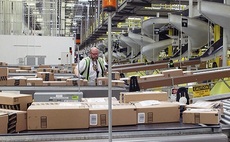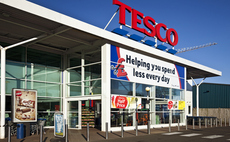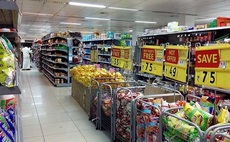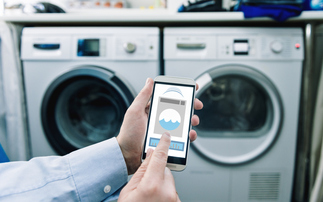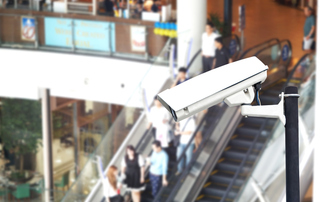Retail industry consultant criticises press reports of supermarkets introducing 'surge pricing' as 'fake news'
Reports that supermarkets in the UK, including Tesco, Sainsbury's and Morrisons - three of the 'big four - are all considering electronic shelf-edge pricing as part of plans to introduce 'surge pricing' have been rubbished by a leading supermarket industry analyst as 'fake news'.
National press reports over the weekend suggested that supermarkets were planning to introduce the technology so that they could increase the price of ice creams, bottled water and barbecue food in seconds in response to surging demand during good weather - or to spike the price of umbrellas when it starts to rain.
Marks & Spencer, noted one of the reports, had conducted limited surge pricing last year, cutting the price of sandwiches before 11am in a bid to see whether the lunchtime rush could be managed with pricing.
However, the suggestions that it would lead to the introduction of surge pricing in British supermarkets were criticised as either naive or 'fake news' by Steve Dresser, director at retail consultancy Grocery Insight. He said that rises in the National Living Wage to £9 per hour by 2020 had more to do with it, given the cost-competitiveness of the industry.
"With the minimum wage rising in 2020, we have seen a number of retailers changing their models by not replenishing overnight, for example, in order to pay for the higher basic wage for 'colleagues'.
"Technology plays a key part in driving efficiencies and electronic shelf labels are always mentioned. We have seen electronic labels in the UK before, albeit on a limited scale in Safeway then latterly Sainsbury's Local, Tesco and M Local, too. But compared to our continental cousins, we don't have any stores that are fully electronic on labels, I don't believe."
The reason for this, Dresser continued, is that the cost of implementation is high and, until now, there hasn't been a strong enough business case to retro-fit the technology to existing stores.
Surge pricing for food. pic.twitter.com/mL5NAlUH6r
— Noah M'Cormack (@noahmccormack) June 26, 2017
"The cost to implement is hefty and hasn't really come down as new technology, such as e-ink (similar to Kindle) means that the cost remains reasonably high at about £8-£10 per label. If you multiply this by 20,000 items and 500-1000 stores then, suddenly, the outlay is hefty. However, for convenience stores and discounters, it could be attractive.
"Despite the cost, the labels deliver a very real saving in that paper labels and prices don't need changing manually and can be done automatically. This brings a degree of flexibility in terms of how advertising messages can be delivered, for example. But the competitive forces in the market mean any talk of profiteering and surge pricing is at best naive and at the worst, fake news," said Dresser.
Shelf-edge pricing is not the only way in which stores have used technology in a bid to handle rising labour costs. Fast-food chains in the US, for example, have already started installing machines to take orders and payments in response to sharp rises in the minimum wage mandated by state governments.








